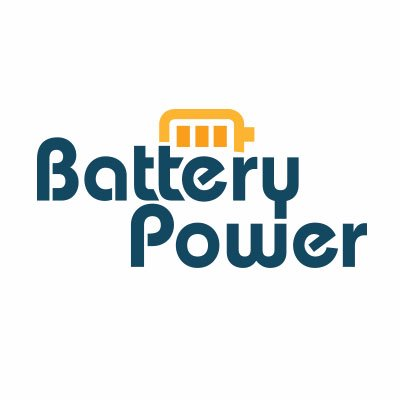By Allison Proffitt
July 16, 2024 | Firstly of July, Shirley Meng’s staff printed new advances in anode-free sodium ion batteries. Final month, two corporations—one Chinese language and one primarily based in San Diego—netted enterprise funds for grid functions for sodium ion batteries.
The frequent thread is obvious. Now’s the time for sodium ion chemistry, says Landon Mossburg, CEO and cofounder of Peak Power. Mossburg says sodium ion batteries are the basic constructing block for vitality storage techniques of the longer term.
Editor’s Be aware: Discover sodium ion batteries in additional depth on the upcoming Sodium Ion Battery Convention in Chicago, August 13-14.
The US has an pressing want for extra vitality storage, he mentioned, pushed most lately by rising grid electrical energy demand from EVs and knowledge facilities. Outdated pure gasoline and coal crops are nonetheless on the grid previous their scheduled retirements to supply redundancy, and renewable sources of energy—photo voltaic and wind—include intermittency.
“After I began studying about [sodium ion batteries], it simply appeared like an ideal basic match… It was like a greater model of LFP. It’s not fairly vitality dense sufficient for automobiles—not less than not but—however for ESS it’s excellent. It’s safer, higher temperature vary, far more plentiful supplies, so quite a bit much less provide chain bottlenecks. In virtually all of the ways in which actually matter for ESS, it’s a greater possibility,” Mossburg advised Battery Energy On-line. “The elemental value element—as a result of nothing in there’s very costly—it’s all the time going to be decrease than LFP at scale.”
That final bit—“at scale”—is vital. When Mossburg scanned the battery trade searching for the following finest alternative—he was leaving Northvolt with a background from Tesla and Accenture—there have been some sodium ion startups. He mentions Altris, Faradion, which was purchased by Reliance Industries in 2022, and some others. However, “No person was actually seeking to scale up. That’s the place we noticed the hole. The one actual scale appeared to be taking place in China,” he says.
“We have been too late to the sport to compete with China [on LFP],” he mentioned. “It’ll take loads of capital to catch up.” So as an alternative, one 12 months in the past he—together with a founding staff from Tesla, Northvolt, Enovix, and Zipline—launched Peak Power. In October 2023 the corporate closed its seed spherical with $10 million from Eclipse Ventures and TDK Ventures.
China can also be shifting rapidly, he notes, on sodium ion chemistry. “The Chinese language authorities has put in place some insurance policies that basically encourage the adoption for sodium… These insurance policies are actually just like what they did for LFP ten, 15 years in the past. They’re operating that playbook once more.”
However China’s scale is an asset, he argues. “That’s one of many causes I feel that is going to be a profitable expertise, as a result of there’s a provide chain for it.”
Now Peak Power’s headcount is “about 40”, he mentioned. About 30% of the staff are from Tesla, Mossburg estimates. “Virtually everybody else comes from a spot like Rivian, Panasonic, or Nothvolt.” The corporate has signed six clients for the pilot program, he says, beginning with IPPs.
Consider the product—at this level—like a Tesla Megapack, however stuffed with sodium ion cells, Mossburg explains. Nevertheless it’s not only a chemistry swap. “We’re beginning with techniques,” he says. “If you consider a battery system, this factor has lots of—most likely greater than a thousand—half numbers in it. [It’s a] actually advanced machine to do that as a result of it’s so giant, a lot vitality is being saved. It’s good to deal with all of the thermals and all that stuff. The battery’s actually most likely probably the most difficult, most essential a part of that system, however there’s an enormous quantity of labor and IP and expertise that goes into the stuff round it.”
Peak buys sodium ion cells from suppliers and integrates them into the techniques it’s designing, “from the bottom as much as be the most effective match for the expertise.” Simply sticking a sodium ion cell into an LFP system isn’t ok, Mossburg contends. “It’s going to most likely be dearer than when you simply used LFP as a result of it’s much less vitality dense, so you’ll want to optimize for that.”
The grid-connected battery storage is for each utilities and impartial energy producers. “You may also go behind the meter with this, however the batteries are actually massive, so that you want loads of demand behind the meter if you wish to do it,” he provides.
The primary builds for Peak’s pilot clients are taking place now, Mossburg says, and can scale up beginning in 2026. He says the corporate plans to start producing its personal sodium ion cells in 2027, with an R&D roadmap that can result in ultimately producing the complete provide of cells Peak wants. “Then we’ll do a kind of third technology product,” he says, “which goes to be from the cell to the complete system, function constructed for ESS and all of our IT.”

